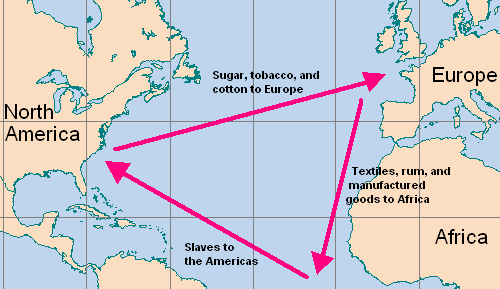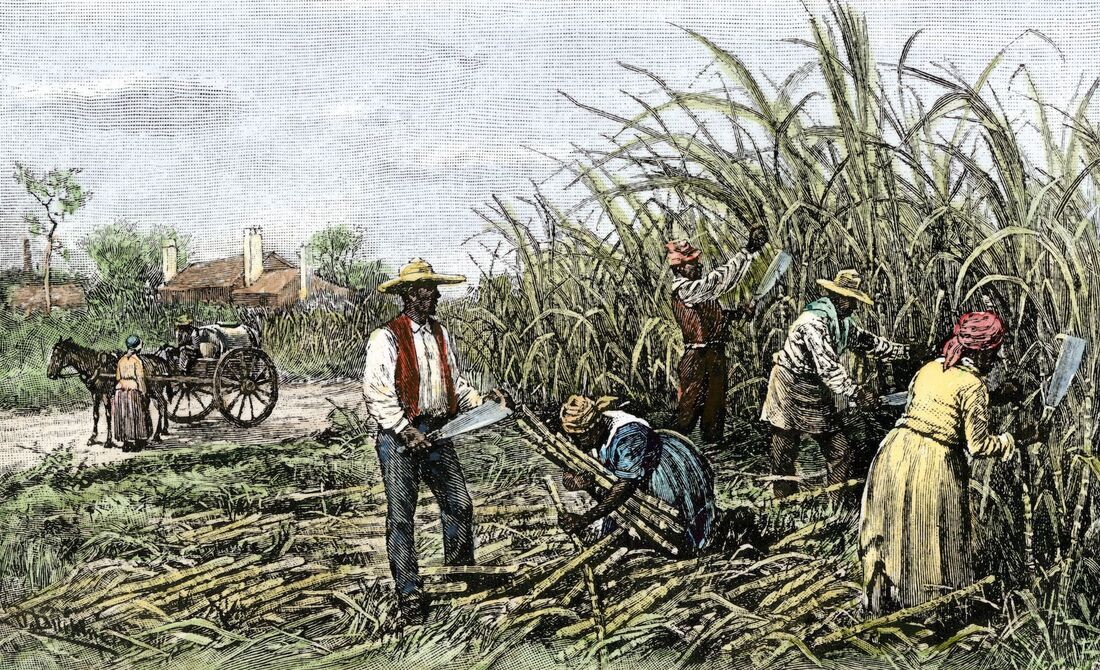Sugar is a sweetener that one can find around the world. Humans sprinkle it on cereal, stir it into coffee, and use it to satisfy their sweet cravings. It has a fascinating history that spans thousands of years and crosses continents. This simple yet enchanting substance has shaped world economies, influenced trade routes, and impacted human history. Join us on a captivating journey through time as we explore sugar’s history. If you want a sweet treat at your next event, click here.
-
Ancient Origins: The Sweet Gift of the Gods
The origins of sugar can be traced back to ancient times. Then sugarcane, the primary source of sugar, was cultivated in India around 500 BC. The Indians discovered that by pressing sugarcane, they could extract a sweet, sticky juice that could be crystallized to produce sugar. This technique spread to other parts of the world, including China, the Middle East, and Persia.
-
Sweet Secrets of the Islamic World
During the medieval period, Arab traders and conquerors spread sugar across the Mediterranean. They brought sugarcane to North Africa and the Iberian Peninsula. Using their advanced knowledge of irrigation, they established sugar plantations in these regions. The Arab world became a sugar hub, and they guarded their knowledge of refining sugar as a closely guarded secret.
-
A Spice Worth its Weight in Gold: Sugar Arrives in Europe

The Crusades introduced Europeans to sugar, which they acquired as a luxurious spice from the Islamic merchants. At first, sugar was a rare and expensive commodity reserved for the wealthy elite. However, as trade routes expanded and European colonial powers established sugar plantations in the Caribbean and the Americas. Sugar production became more widespread, reducing costs and making it accessible to the general population.
-
The Dark Side of Sugar: Slavery and Plantations

The rise of sugar as a global commodity had a dark underbelly – the transatlantic slave trade. European powers forcibly brought millions of enslaved Africans to work on sugar plantations in the Caribbean and the Americas. This brutal system of exploitation laid the foundation for the growth of sugar empires, generating vast wealth for European colonizers while leaving an enduring legacy of suffering and oppression.
-
Sugar Revolution: The Caribbean’s Sweet Triumph
The Caribbean islands became the epicentre of sugar production during the 17th and 18th centuries. The “sugar revolution” transformed the islands into bustling sugar cultivation and refining hubs. Islands such as Jamaica, Barbados, and Haiti became prominent sugar producers, and their economies revolved around this “white gold.”
-
From Slave to Free Labor: The Abolition of Slavery and Beyond
The abolition of slavery in the 19th century marked a turning point in the history of sugar production. As slavery became increasingly untenable, plantations turned to indentured labourers from India and China to meet the demand for labour. This shift changed the labour dynamics and influenced cultural diversity in regions like the Caribbean.
-
Sugar in Modern Times: Health Concerns and Diversification
As sugar consumption spread worldwide, health concerns about excessive intake emerged. Studies linked excessive sugar consumption to obesity, diabetes, and other health issues, prompting a growing awareness of the need to moderate sugar intake.
consumption to obesity, diabetes, and other health issues, prompting a growing awareness of the need to moderate sugar intake.
Additionally, sugar production expanded beyond sugarcane to include sugar beets, which became a significant source of sugar in regions where sugarcane did not grow well.
To wrap it up,
the history of sugar is a compelling tale of exploration, exploitation, and transformation. Sugar’s journey, from ancient India to a global commodity shaping economies, is integral to human history. As we relish its sweetness, we must consider its health impact and ethical production implications. Sugar’s history lets us value it as a vital part of our civilization’s fabric.
Leave a Reply